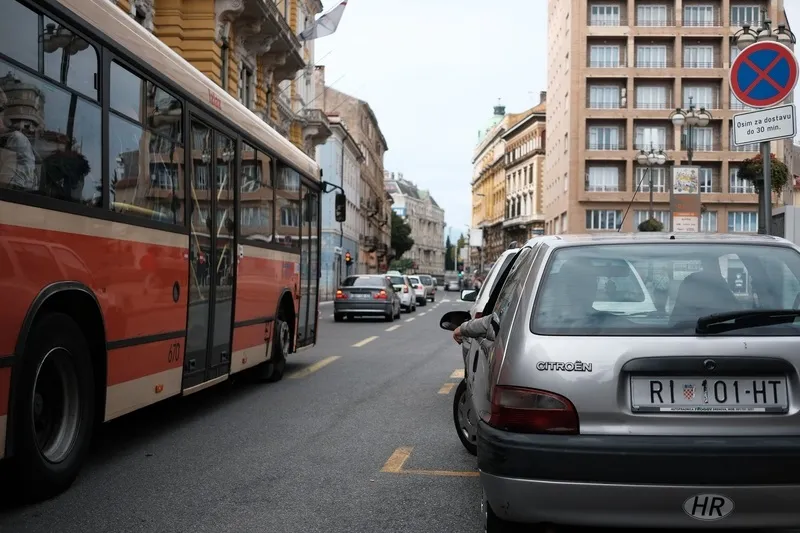According to
The organisation says new data has revealed that the number of crashes involving vans across the UK rose by 11 per cent in a year to 14,043 during 2014. And across Europe, the cost of accidents is reckoned to be US$157 billion per year.
David Rodriguez of GreenRoad Technologies said: “This latest data shows that accidents involving vans are on the rise and more needs to be done to address the problem.
“Many van fleet operators accept that road accidents are an unavoidable part of life, but that shouldn’t be the case. There is a high cost associated with each and every crash – which could be avoided if driver behaviour was tackled by fleet operators.”
GreenRoad Technologies claim its Software as a Solution (SaaS) system would help to tackle the growing problem involving vans on UK roads because ‘human error’ was a factor in most of the accidents.
It recently hosted a webinar which issued potentially life-saving advice on driver safety in hazardous weather. The live webinar – the first in a series of quarterly webinars – also explored the latest fleet safety trends and analysis, as well as sharing information about how organisations can learn to proactively identify driver and fleet behaviour that may present a potential risk to their business.
Its own data also showed that during 2013 there were 183,000 people injured on UK roads with more than 21,000 of those were either killed or very seriously injured.
Rodriguez added: “We believe that the importance of driver safety cannot be overstated. We would like all van fleet operators to look at the tremendous savings they can make, both financially and in terms of saving lives. That surely is an investment worth making.”
Fleet performance technology ‘could cut van accidents’
According to GreenRoad Technologies, fleet performance solutions could help to reduce the alarming number of road accidents involving vans, which have risen by 11 per cent in the last year. The organisation says new data has revealed that the number of crashes involving vans across the UK rose by 11 per cent in a year to 14,043 during 2014. And across Europe, the cost of accidents is reckoned to be US$157 billion per year. David Rodriguez of GreenRoad Technologies said: “This latest data shows that accident
January 22, 2016
Read time: 2 mins









